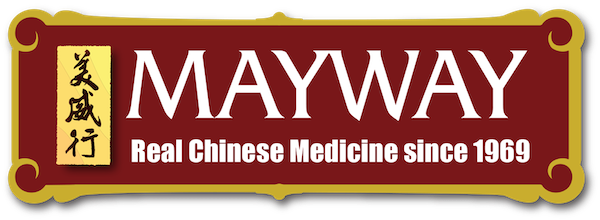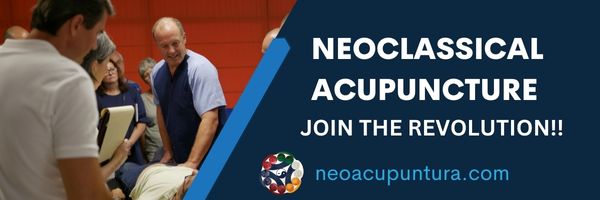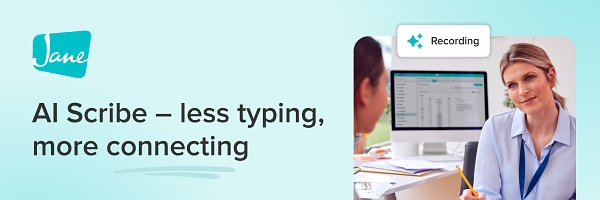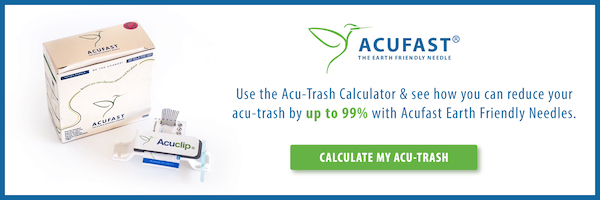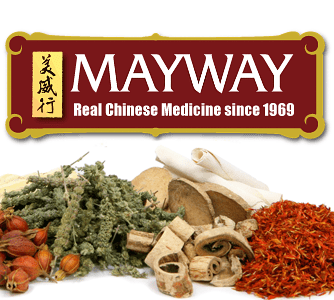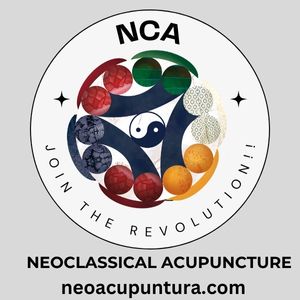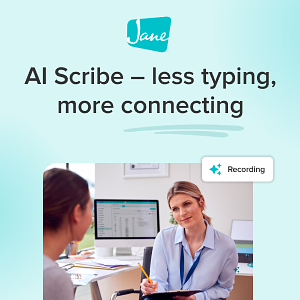East Asian medicine practitioners want to be helpful. That is often a large part of what drew us to this work. Sometimes being helpful is not in what we say yes to, but rather that to which we say, no.
In this discussion with Elisa Yip we look at how saying no is deeply related to our ethical and moral stances. How our “yes” is more trustworthy when we can say “no,” and that there is a lot we can find out about ourselves when we dig into the discomfort that comes with a heartfelt and unequivocal, no.
Listen into this conversation on the power of no, and the clarity that it can bring.
In This Conversation We Discuss:
- Being able to say no as part of a moral or ethical stance
- Science and the great western philosophies
- Not just a career, but a life
- Using Occam’s Razor in clinic
- What gets in the way of saying no?
- Why using “good” and “bad” in clinic is not as useful as looking at what is helpful or unhelpful
- Cross-generational communication and the slipperiness of how the meaning in language is constantly changing
- Thoughts on mentoring and teaching
- Dealing with inappropriate behaviour in the clinic
- Developing a solid sense of self esteem as a practitioner
It’s okay to be wrong. The patients are human. And so are you
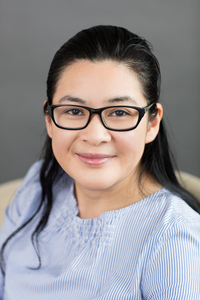 Elisa Yip
Elisa Yip
I’m someone who likes to work with my hands. It’s a good way to get out of my own head. It feels like meeting a new culture, where people are pulses and channels, all speaking their unique language to my fingertips. And more often than not, expressing what patients have left unsaid. What is actually said is equally fascinating to me. Because it makes me recognize the importance of listening.
My patients have collectively taught me over the years that being heard, truly being heard, is a healing in its own right. And practicing Chinese Medicine grants me breath and space to do all of this. And as a happy coincidence, continued to teach me what it means to be of service.
Links and Resources
In the conversation we talked about a book called “The Tipping Point,” but the book we meant to reference was Seth Godin’s The Dip.
Another book Elisa recommends is Inner Bridges, A guide to Energy Movement & Body Stucture


